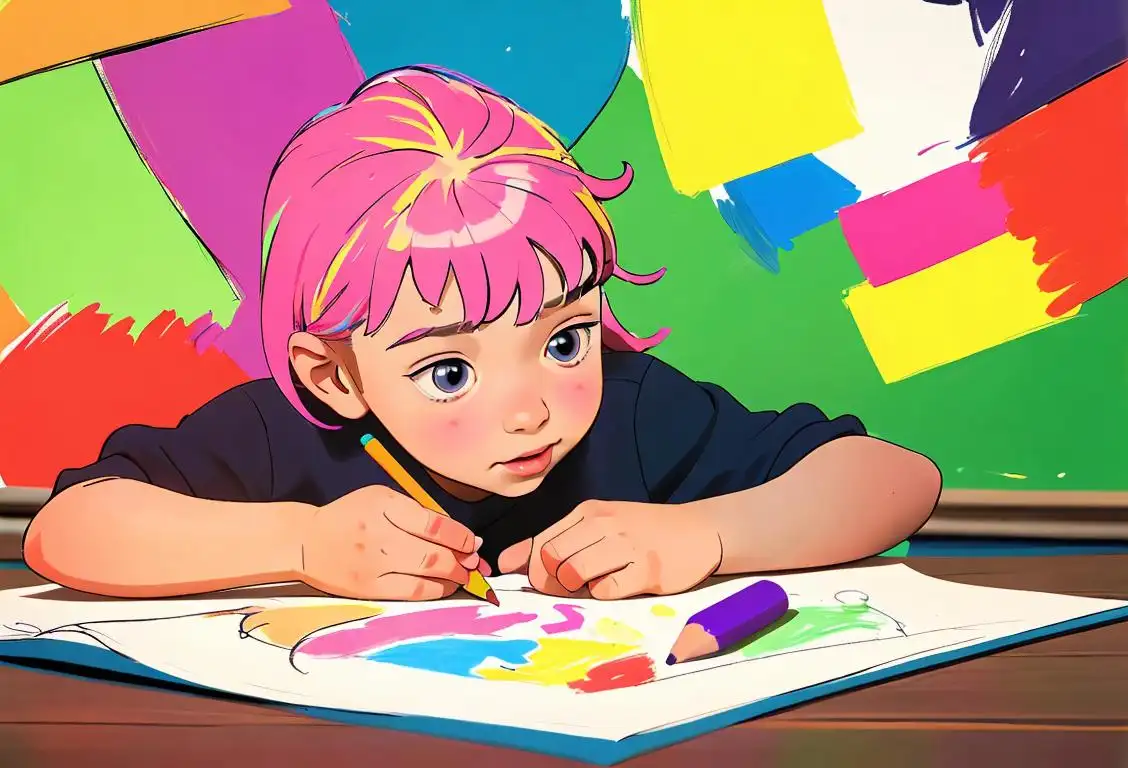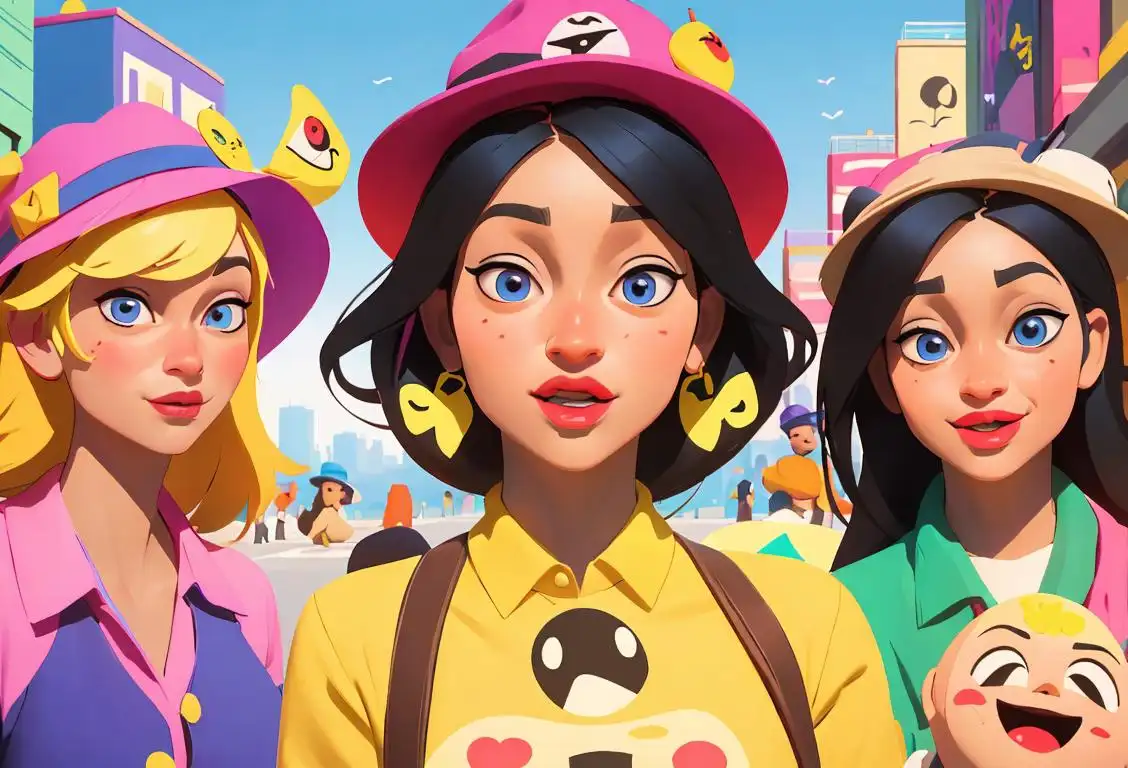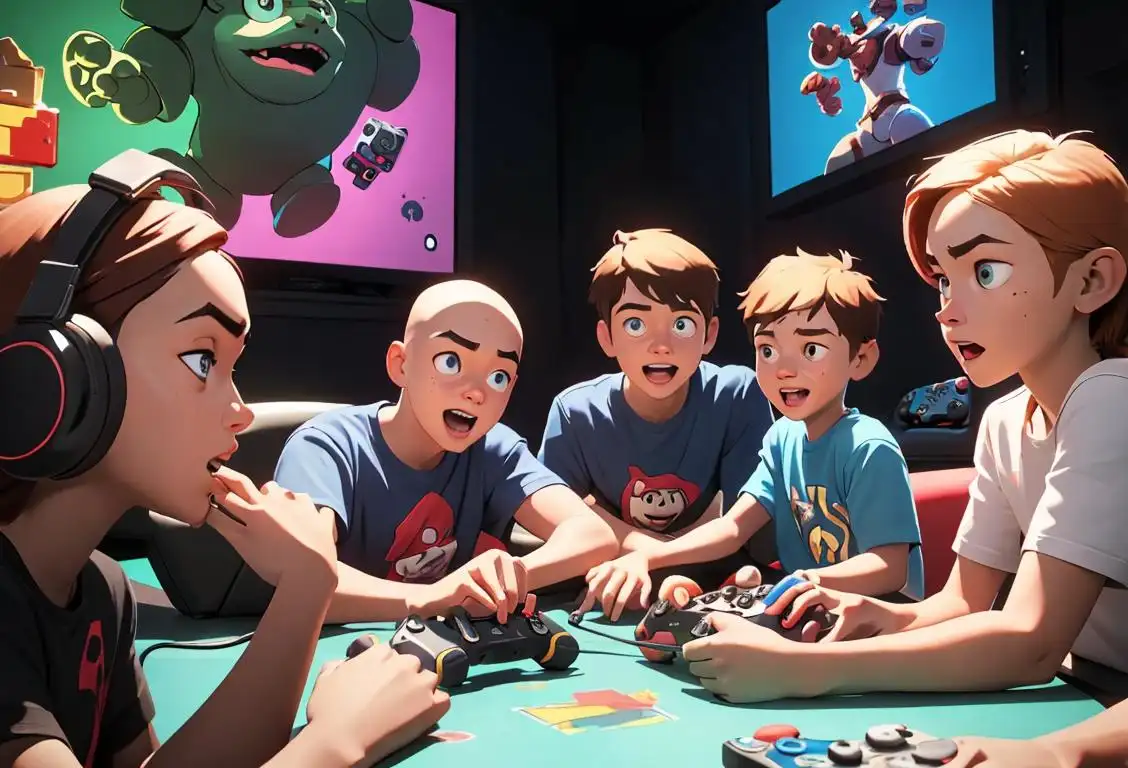National Blogger Day

Are you ready to step into the magical world of blogging? Well, guess what? It's National Blogger Day! Dust off your keyboards, fire up your imaginations, and get ready to share your thoughts with the world.
When is Blogger Day?
It's national blogger day on the 27th October.
What's the Buzz About Blogging?
If you're wondering how this whole blogging thing started, let's take a trip down memory lane. The internet was still a baby back in the late 1990s when blogging emerged as a popular online trend. No longer did people have to rely on traditional media to express themselves. Blogging gave everyone the power to become their own writer, editor, and publisher. It opened up a whole new world of creativity and self-expression.
Soon, bloggers began to sprout like mushrooms after a rainstorm. From fashionistas sharing their latest OOTD (Outfit of the Day) to gamers unraveling the secrets of virtual worlds, blogs started popping up faster than you could say 'SEO optimization.' It became a platform for ordinary folks to share their extraordinary stories and connect with like-minded individuals around the globe.
History behind the term 'Blogger'
1997
Birth of the Weblog
In 1997, Jorn Barger coined the term 'weblog' to describe his online ramblings on his website, Robot Wisdom. It was a combination of the words 'web' and 'log,' capturing the idea of a regular online diary or journal. Barger's weblog primarily focused on links to interesting websites and articles.
1999
The Transformation into Blogger
In 1999, Peter Merholz jokingly split the term 'weblog' into 'we blog' on his website, and this eventually led to the term 'blogger' which became synonymous with the act of writing and maintaining a weblog. This linguistic shift brought a sense of personification to the practice, emphasizing the individuals behind the blogs.
2001
Blogger.com Platform Launch
In 2001, Pyra Labs released Blogger.com, a user-friendly platform that simplified the process of creating and updating blogs. This new platform popularized the act of blogging and made it accessible to a wider audience. Blogger.com allowed users to easily write, publish, and share their thoughts and experiences with the world.
2003
Blogosphere Boom
By 2003, blogging had gained significant traction, with millions of blogs covering a wide range of topics. The blogosphere had become a vibrant online community with bloggers discussing current events, sharing personal stories, and expressing their opinions. The term 'blogger' had become widely recognized as someone who maintained a blog.
2004
Political Influence of Bloggers
In 2004, bloggers gained political influence during the U.S. presidential election. They played a crucial role in fact-checking and providing alternative perspectives to mainstream media coverage. This event showcased the power of bloggers to shape public opinion and hold politicians accountable, further solidifying the term 'blogger' in popular culture.
2006
Professional Blogging Emerges
In 2006, professional blogging became a viable career option for some individuals. Bloggers started to monetize their blogs through advertising, sponsored content, and product promotion. This marked a shift in how blogging was perceived, as it became a legitimate profession and source of income for many.
2010
Diverse Blogging Community
By 2010, the blogging community had expanded to include a wide range of voices and perspectives. Blogs covered diverse topics such as fashion, food, travel, technology, and more. The term 'blogger' now encompassed a vast array of individuals, reflecting the diversity of interests and expertise within the blogging community.
2021
Continued Relevance and Growth
Today, 'blogger' remains a popular term, and blogging continues to thrive. With the rise of social media and video platforms, blogging has evolved to incorporate new formats such as vlogging and microblogging. However, the essence of a 'blogger' remains the same – someone who shares their thoughts, experiences, and expertise with an audience through their online platform.
Did you know?
Did you know that the word 'blog' is derived from 'weblog'? It was coined by Jorn Barger back in 1997. Quite a clever play on words, isn't it?Tagged
fun creativity technologyFirst identified
27th October 2015Most mentioned on
27th October 2015Total mentions
67Other days
Upload A Vlog Day
Blogger Day
Tink Day
Coloring Book Day
Crayon Day
Goth Day
Camera Day
Radio Day
Emoji Day
Video Games Day








